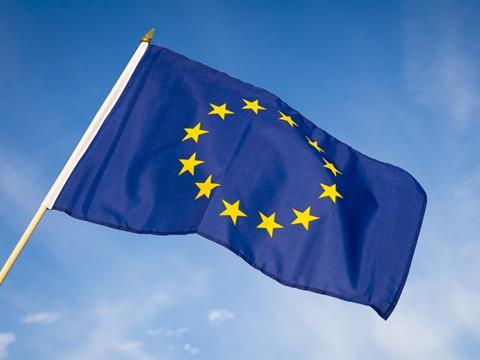
Viamedici and Sustain360 have teamed up to create digital product passports (DPPs), to meet the requirements of the European Commission’s Sustainable Products Regulation (ESPR).
The passports will detail a product’s sustainability, environmental impact, and recyclability, utilizing Web 3.0 technologies including GenAi, Blockchain, and Graph databases.
The collaboration responds to the European Commission’s March 2022 EcoDesign for Sustainable Products Regulation (ESPR), which introduces the requirement for DPPs to enhance transparency around a product’s lifecycle, durability, and use of recycled materials.
Al Bissmeyer, global vice president of Viamedici, said: “Digital product passport documentation and validation are becoming mandatory requirements for all companies conducting business in Europe. Our product information management solution EPIM provides a platform to manage product information and communicate it via channels digitally while Sustain360 cost-effectively helps companies analyze, document, and validate their environmental impact.”
Baz Khuti, CEO of Sustain360, emphasizes that the company’s software can “generate sustainable digital twins of physical products, helping companies achieve their decarbonization goals. The partnership with Viamedici EPIM marks a significant step in providing evidence-based environmental footprints that comply with EU digital product passport regulations.”
In October last year we heard from Lee Metters, group business development director of Domino Printing Sciences, who outlined what the implementation of DPPs means for businesses and where to get started to stay ahead of the curve. He stated that adopting DPPs early benefits to businesses such as increased consumer trust, regulatory compliance, increased visibility and traceability of products, and broader engagement with global sustainability goals.
Earlier this month the packaging industry voiced its reactions following a provisional agreement between the European Parliament and Council on the Packaging and Packaging Waste Regulation, praising action against ‘forever chemicals’ and eventual reviews of biobased plastic content, yet criticizing the removal of reuse targets for takeaway food and lobbying for single-use paper.
If you liked this story, you might also enjoy:
The Brief: How viable is biorecycling for plastics?
Report: How the top brands are progressing on packaging sustainability
The Brief: Using ocean-bound plastic in packaging – how, why and should we?













No comments yet